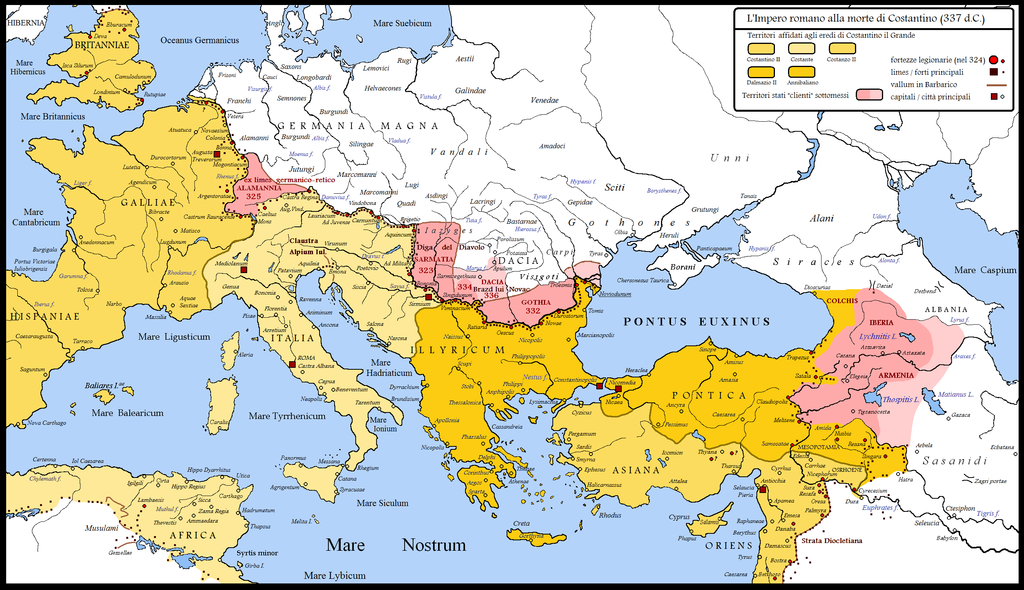The American Civil War was one of the deadliest conflicts in American history. With the victory of the Union in 1865, the North was able to preserve the unity of the country, but what if the outcome was different? What would have been the North’s response had the Confederacy won? Let’s explore this hypothetical scenario and analyze the potential political, economic, and social consequences.
The Hypothetical Scenario: A Southern Victory
The Confederate States of America was formed in response to the election of President Abraham Lincoln, who was perceived as a threat to the South’s way of life. The Confederacy was able to establish its independence but would have required recognition from foreign powers to sustain its existence. In a hypothetical scenario, the Confederacy was recognized and was able to defeat the Union. The Southern victory would have resulted in the dissolution of the United States and the establishment of a new country.
The South could have hypothetically won the U.S. Civil War by pursuing early recognition and foreign intervention, securing border states, employing effective military strategy, capitalizing on their economic and logistical advantages, exploiting political divisions in the North, encountering a backlash to the Emancipation Proclamation, and exhausting the Union to the point of foreign mediation. By gaining recognition and support from foreign powers dependent on Southern cotton, such as Britain and France, the Confederacy could have shifted the balance of power. Securing the loyalty and alliance of border states would have increased their territory and resources. Effective military strategies, especially those of General Robert E. Lee, might have achieved decisive victories, demoralizing the North. By prolonging the war and implementing naval blockades and guerrilla warfare, the South could have exhausted the North’s resources and support. Political divisions in the North and a backlash to the Emancipation Proclamation could have weakened the Union’s resolve. Lastly, if the war had reached a stalemate, international pressure for mediation could have led to negotiations and a compromise for Southern independence. However, it’s essential to remember that these are speculative scenarios, and the actual outcome of the Civil War resulted in the Union’s victory and the abolition of slavery.
The North’s Potential Responses
The North’s response to a Southern victory would have been multifaceted. Firstly, the Union would have had to accept the loss of the Civil War and recognize the Confederate States of America. This would have been a significant blow to the Union’s pride and power. Secondly, the North would have had to grapple with the loss of its territory, resources, and wealth. The Southern victory would have meant that the North would have to adapt to a new reality, in which the South was more dominant.
Thirdly, the North would have faced a crisis of identity. The United States was founded on the principles of liberty, democracy, and equality. The Southern victory would have meant that the United States had failed to live up to these ideals. The North’s response would have been a mix of resignation, anger, and sadness.
Political, Economic, and Social Consequences
The political, economic, and social consequences of a Southern victory would have been immense. Politically, the Confederate States of America would have established a new government, which would have been based on the principles of states’ rights and slavery. This would have been a significant setback for democracy and human rights. The North may have attempted to undermine the new government, but this would have been difficult given the South’s military, economic, and political power.
Economically, the North would have suffered greatly. The South was agrarian and relied heavily on slave labor. The North, on the other hand, was industrialized and had a more diverse economy. The loss of Southern resources, such as cotton, would have had a severe impact on the North’s economy. The North would have had to restructure its economy and find new sources of resources.
Socially, the North would have experienced a profound sense of loss. The Civil War was fought to preserve the Union and end slavery. The Southern victory would have meant that the North had failed to achieve these goals. The North would have had to confront the reality that slavery was still legal in the Confederate States of America and that the Union had failed to uphold its democratic principles.
The hypothetical scenario of a Southern victory in the Civil War is a sobering reminder of the fragility of democracy and the consequences of war. It is important to remember that the Union’s victory was not inevitable and that the United States history could have taken a very different path. The North’s response to a Southern victory would have been complex, but it is clear that it would have had significant political, economic, and social consequences. Ultimately, the Civil War represents a turning point in American history and a lesson on the importance of unity and democracy.
 In the 320s, the Roman emperor Constantine made the critical decision to create his new capital in the East. The new capital, Constantinople, came to occupy the site of an old Greek town and would forever be changed by the emperor’s choice.
In the 320s, the Roman emperor Constantine made the critical decision to create his new capital in the East. The new capital, Constantinople, came to occupy the site of an old Greek town and would forever be changed by the emperor’s choice.




